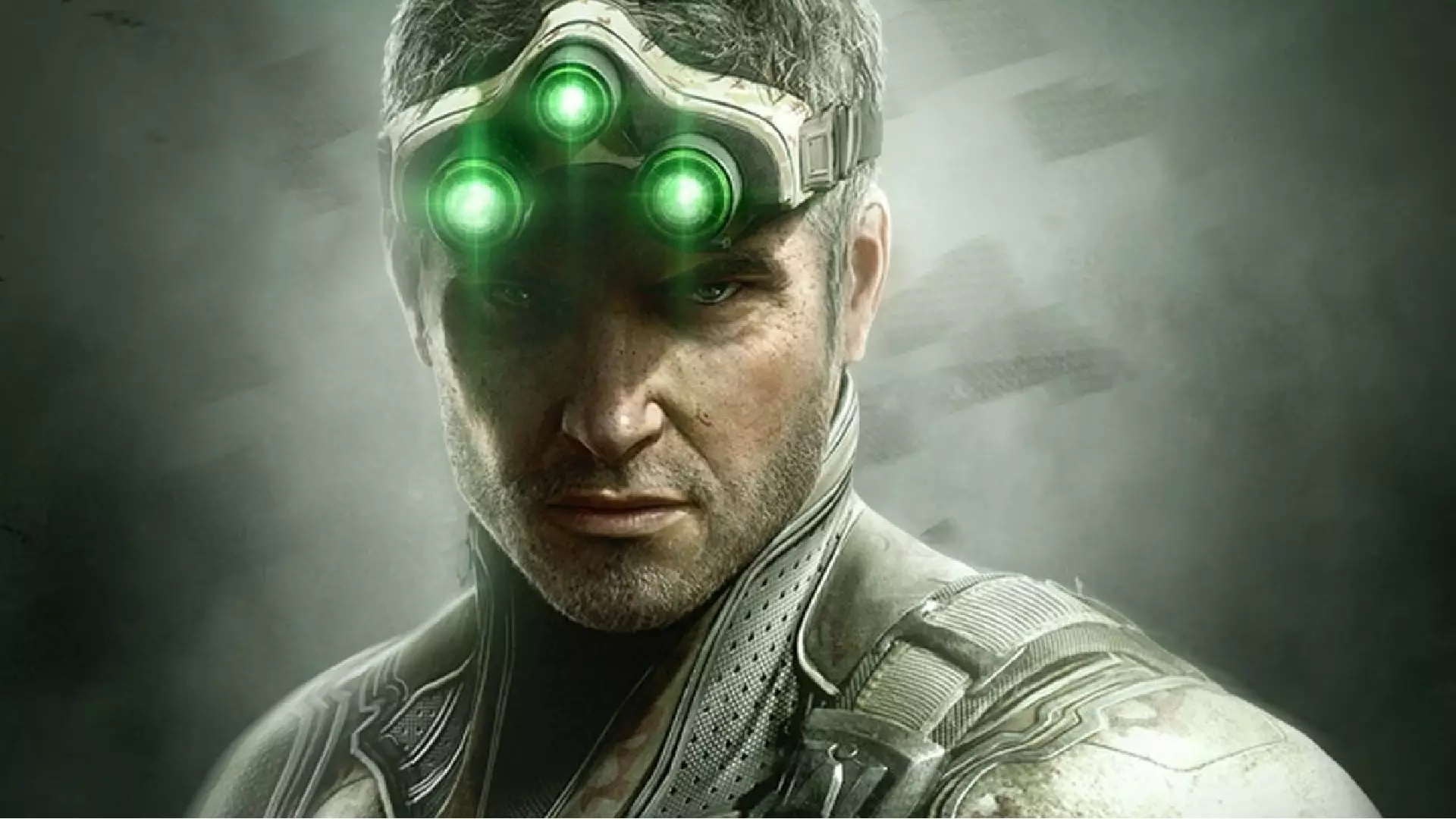Clint Hocking’s path in the world of game development reflects both the exhilarating highs and staggering lows of an industry often plagued by unsustainable practices. As the creative director for the anticipated Assassin’s Creed: Codename Hexe, Hocking embodies a dual sense of innovation and caution rooted in his turbulent experience during the development of Splinter Cell: Chaos Theory. In an insightful chat with Edge Magazine, he shares candid reflections on his past, sounding a clarion call against the ‘crunch’ culture that has long haunted game development.
Hocking’s ordeal during the creation of Chaos Theory serves as both a cautionary tale and a rallying cry for change. In his attempts to juggle multiple roles as lead designer, scriptwriter, and creative director, he ultimately found himself engulfed in grueling 80-hour workweeks, paying a hefty price for his ambition—a condition he describes in grim terms as “brain damage.” This experience illustrates the darker side of passion in the gaming industry, where devs often find themselves caught in a cycle of excessive work that can jeopardize their mental and physical well-being.
A Transformative Mindset
However, Hocking’s evolution does not end with his painful reflections. The director has since adopted a more balanced approach to his work, emphasizing a crucial shift in mentality that prioritizes well-being over sheer output. “Now I only have one job,” he claims, indicating a purposeful decision to focus on the role of creative director while allowing other talented individuals to share the burden of creativity and technical skills. This transformation isn’t just personal; it acts as a symbolic representation of an industry gradually moving towards a healthier work-life balance.
In his triumphs and challenges, Hocking stands out as a figure advocating for meaningful change. As game developers band together to spotlight these toxic work habits, there is growing hope for a future where passion and professional fulfillment can coexist sans the damaging consequences of crunch. This shift is not just necessary for the individual but beneficial to the industry at large, fostering a more collaborative environment that ultimately enhances creativity and productivity.
Anticipation for the Future
Looking ahead to Assassin’s Creed: Codename Hexe, there is a palpable excitement surrounding the project, despite the limited information available. Hocking’s involvement, known for delivering critically acclaimed titles like Splinter Cell and Far Cry 2, raises expectations while commanding respect. As he maintains his dedication to sustainable practices, fans can be hopeful that what emerges from this development cycle will not only be engaging but also reflective of a more compassionate work ethic.
The mere mention of Hexe has sparked curiosity. As the lines between storytelling and gameplay continue to blur, Hocking’s commitment to surround himself with exceptional collaborators promises a richer and more innovative narrative experience for players. In a landscape still marred by tales of burnout and exploitation, the lessons learned from past experiences can illuminate a brighter, more sustainable path.
Rather than being defined solely by previous struggles, Hocking offers a vision of resilience and adaptability. With each game, he seems determined to prove that creativity can thrive without the agony so often associated with the gaming industry. His work moving forward may lay the groundwork for future narratives, both on-screen and behind the scenes, that champion the merits of well-being in tandem with incredible gameplay.


Leave a Reply